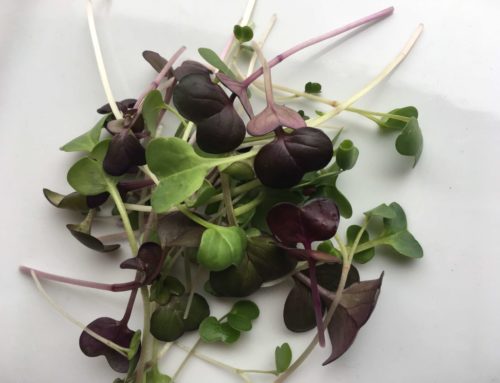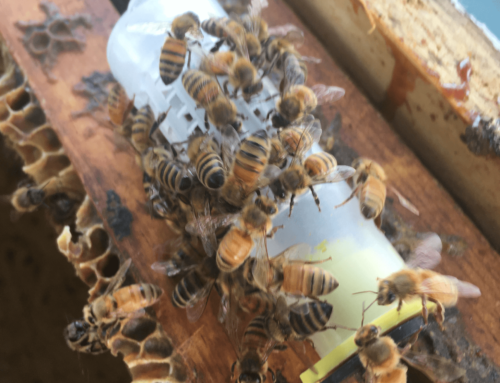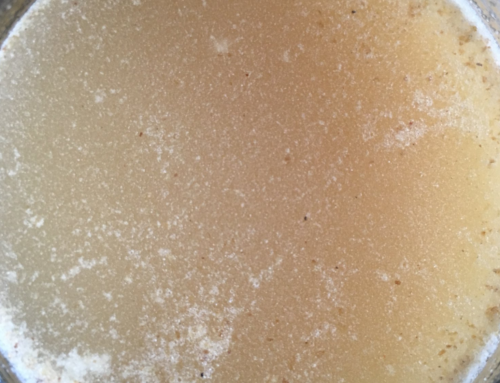What is Raw Honey?
Raw honey is honey that has been extracted from the comb and bottled for consumption with very minimal filtering and without pasteurization. It’s in this lack of processing that allows the most natural and beneficial parts of consuming honey like vitamins, minerals, antioxidants and pollen to be most abundant.
Most honey found in your grocery store is pasteurized through use of heat and is heavily filtered. The filtering will remove all particles and pasteurization will kill any bacteria (good and bad) that may be present. Both of these steps are ideal for grocery stores because it gives the honey that perfectly clear liquid appearance and allows it to stay in that state for a much longer time. Without the filtering and heating the honey will be more prone to crystalizing on the shelf before someone has the chance to purchase it.
Where can I get raw honey?
We encourage the purchase of raw honey, sometimes labeled as raw unfiltered honey, directly from a local beekeeper or from a specialty shop or grocery that has a focus on buying and supporting local and/or holistic products. Occasionally, you may find “raw” honey in larger stores but sometimes the validity of that statement is questionable. If you find value in consuming raw unfiltered honey then it’s best to find a local beekeeper and buy it straight from the source.
Is raw honey bad for you?
Raw honey, when bought local can provide a level of protection from seasonal allergies because of the micro-dosing effects of ingesting the local pollens. Since the honey is not pasteurized, raw honey also provides a larger profile of minerals and nutrients. But, because the honey is not pasteurized there is also the potential for harmful bacteria to colonize in your jar. However, due to the low water content and antibacterial nature of honey this is extremely unlikely. If your jar of honey takes on an excess amount of water, perhaps through accidentally getting liquids in the jar or leaving the jar open to humid environments then the honey can become subject to fermentation and spoil. If your honey ever begins to smell or taste bad or unusual you should stop eating it and throw it out. The taste and smell of good honey will not change over the lifetime of your jar. Crystalize? sure. But taste and smell should stay consistent.
Why does raw honey crystalize?
The crystalized honey, while uncommon to be found in a store, is actually a completely normal and natural state for honey. The crystallization happens because of the combination of high sugar and low liquid content of honey. Once a single solid crystal of honey forms in a jar it will create a chain reaction that turns the entire jar into crystalized honey. Much like when a bottle of water becomes super-chilled and doesn’t freeze. But, once a single ice crystal forms the entire bottle soon freezes.
Many people assume that when the honey turns from a liquid to a solid that it has gone bad. But, the truth is, crystalized honey is just as good as liquid honey. The crystalized honey can be changed back to a liquid by gently heating it. Heating the honey to a temperature above 100° F is essentially pasteurizing it and dissipating those beneficial aspects of getting raw honey. While more time consuming than a quick zap in the microwave, a gentle warm bath is best to re-liquify a jar of crystalized raw honey.



